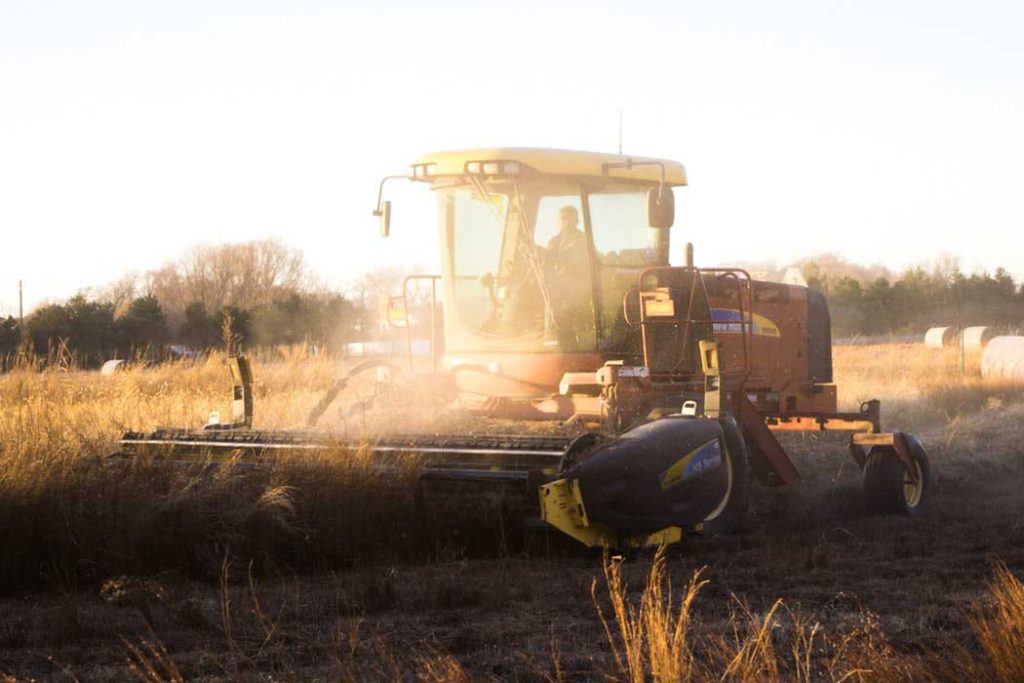Two of the focuses of my blog are Financial Literacy/Money and Business/Entrepreneurship. If run correctly an Agriculture business can be very lucrative. If you’re a novice to the business though, there are some important points to understand before getting in. The following contributed post is entitled, Looking To Run A Small Farm Business? Read this!
* * *
If you want to start a small scale farming business, you may be wondering where to begin. You may have the land ready, which is one of the essential things that you need to do, but you do not know what the next step is. Here, we look at what you need to think about when starting up.

Photo by Noah Buscher on Unsplash
1. Understand how farming works
There is minimal point in starting a small farm business if you have no idea how a farm works. It may sound straightforward enough, but in reality, it really isn’t. It involves long hours and lots of stress, and at times, there can appear to be very little reward for it all. However, in the long run, if you put the effort in and follow some important farming guidelines, you will see it all pay off.
The majority of your learning will happen on the job, and you will make plenty of mistakes along the way. Some things will work, and some will not, and you may feel like you are getting nowhere at times. Before jumping into owning a farm, see if you can get some experience by working or volunteering as a farmhand. If you are purchasing your own far, seek out a farm manager or a mentor with the expertise to guide you through the process.
2. Have a business plan
It does not seem to be the sort of thing that needs a business plan, but if your ultimate goal is to make a profit from it, you need a well thought out business plan. Consider the supply and demand for your products, the markets, the management structure, financial strategy, and how you will be pricing goods. You may also want to look at taking advantage of any grants or loans to get your farming business up and running, which you often cannot do without a plan.
3. Investigate grants and subsidies
As we mentioned above, in some cases there are grants and programs available to help you to purchase essential farming equipment such as mowers, tunnels, seeds, and various other things, or for an injection of cash to get you on your feet.
Other places may provide subsidies on equipment, especially if you are a startup or a young farmer. Don’t forget animal feed if you are looking at that area of farming – learn more here about the things you may need.
You may well want to start off by using whatever budget you have available and see how things go. Do bear in mind that farms often make a loss, to begin with, so make sure that you have enough savings, or a secondary form of income to keep you ticking over until you are consistently making a profit.
4. Set up business licenses and permits
It depends where you are based, but once you have decided on the business type, you are going to work as, whether a sole proprietorship or an LLC, you will need to register it and purchase any relevant business licenses. You may also need to look into insurance, and take out any insurances that may be appropriate, particularly if you are employing other people.
